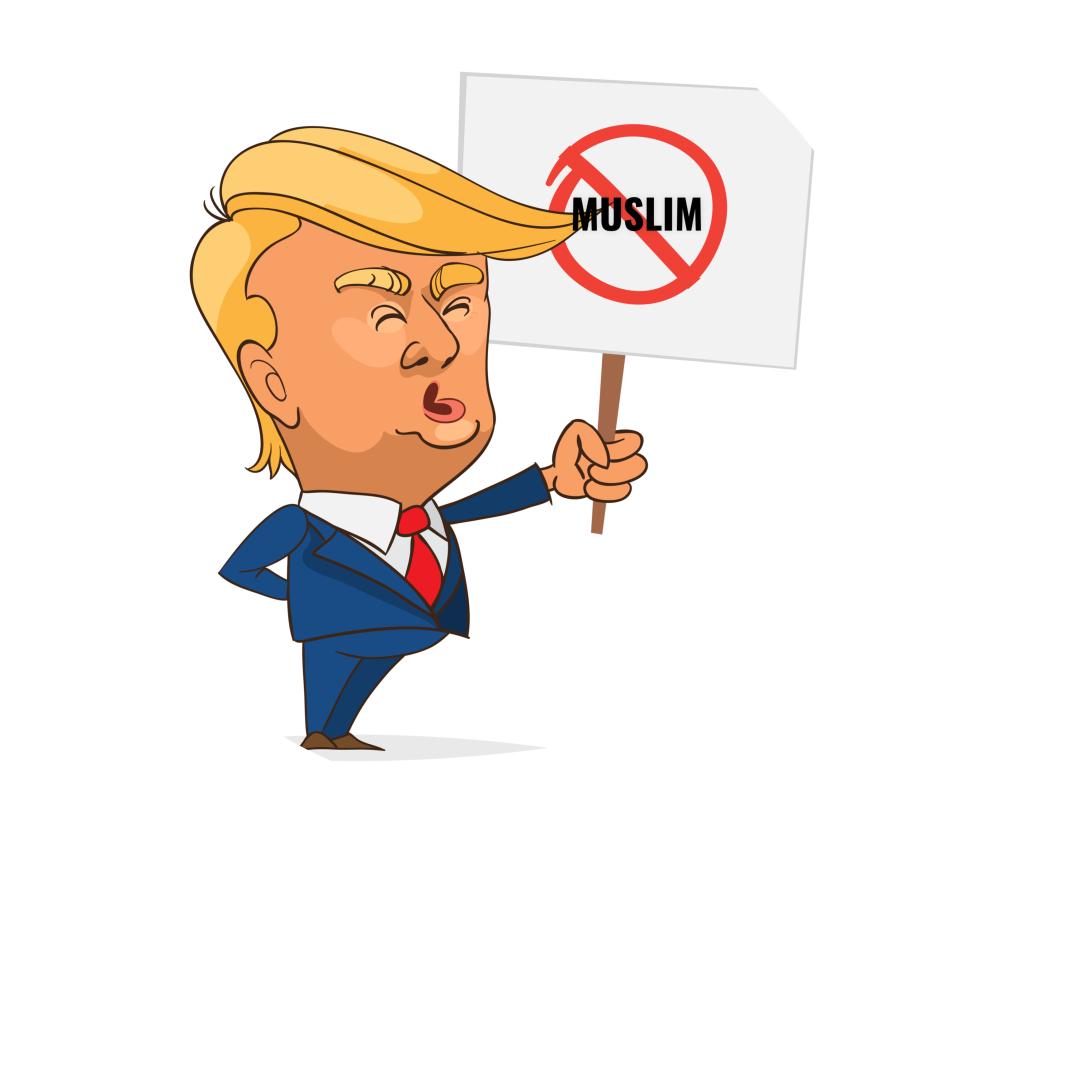
The 9th Circuit Court on February 8, 2017, held that the Government has not shown a likelihood of success on the merits of its appeal, nor has it shown that failure to enter a stay would cause irreparable injury, and we therefore deny its emergency motion for a stay.
The Court cited the lower Washington District Court in alleging that the Executive Order was not truly meant to protect against terror attacks by foreign nationals but rather was intended to enact a “Muslim ban” as the President had stated during his presidential campaign that he would do. The 9th Circuit court denied the Government’s emergency motion for a Stay of the Temporary Restraining Order by asserting that the Executive Order violated the following constitutional amendments:
1. The V (fifth) Amendment, which prohibits the Government from depriving individuals of their “life, liberty, or property, without due process of law. This means that the Government cannot deprive a person of one of these protected interests without providing “notice and opportunity to respond,” or, in other words, the opportunity to present reasons not to proceed with the deprivation and have them considered. These procedural protection are not limited to US citizens; rather they apply to all “persons” within the U.S., including aliens, “regardless of whether their presence here is lawful, unlawful, temporary or permanent.” These rights also apply to certain alien attempting to reenter the US after traveling abroad. Because the Government did not show that the Executive Order provides the requirements for due process, such as notice and a hearing prior to restricting an individual’s ability to travel, it violates the V Amendment of the Constitution.
2. The I (first) Amendment prohibits any “law respecting an establishment of religion” and thus inhibits the Government from discriminating on the basis of one’s religion. In this case the Court argued that the Executive Order is a de facto Muslim ban.
3. The XIV (fourteen) Amendment Equal Protection Clause which inhibits the discrimination of individuals on the basis of their religion was briefly discussed, but the Court did not assert the Executive Order violated it.
The Trump Administration is likely to appeal this decision to the Supreme Court. An appeal to the Supreme Court is not a matter of right. The Court will need to decide whether it will accept the case on appeal. Since there are currently 8 judges on the Supreme Court is an en passé is reached (4 v 4) the decision of the 9th Circuit will be sustained. If Trump’s nominee is confirmed than the Court will be able to render a binding decision with 9 judges.